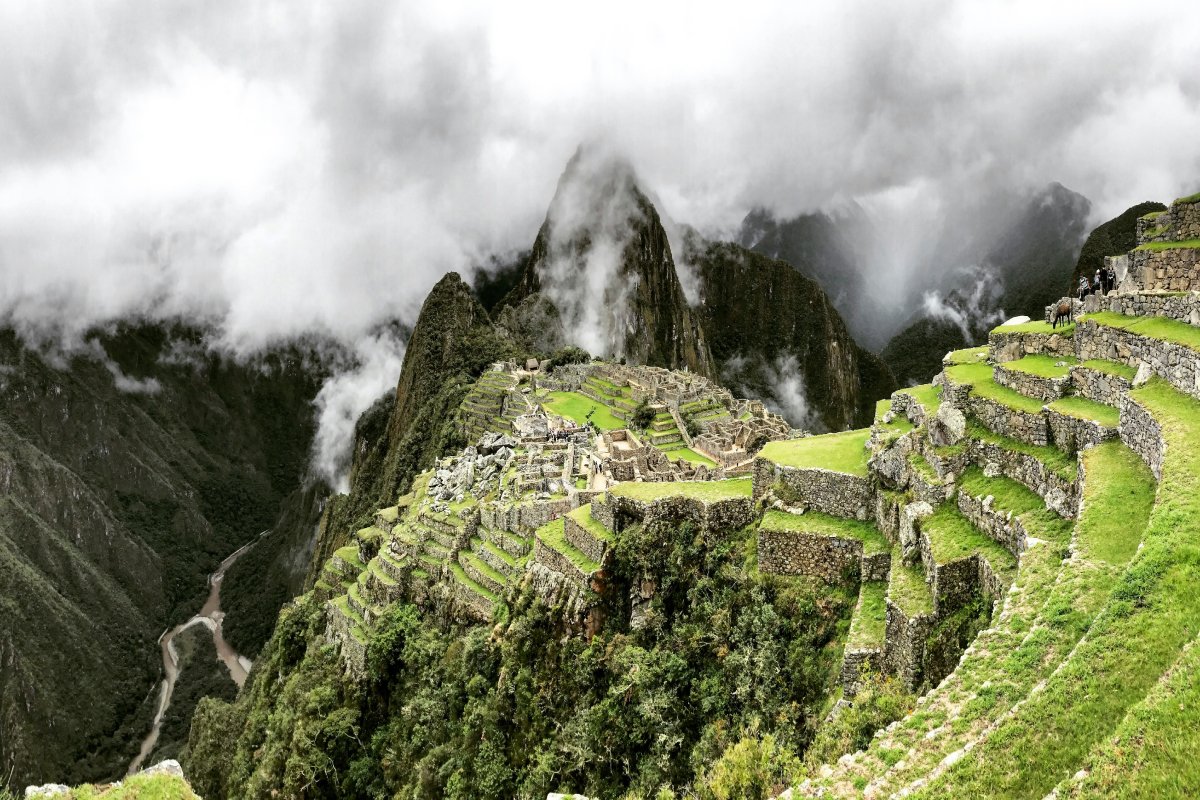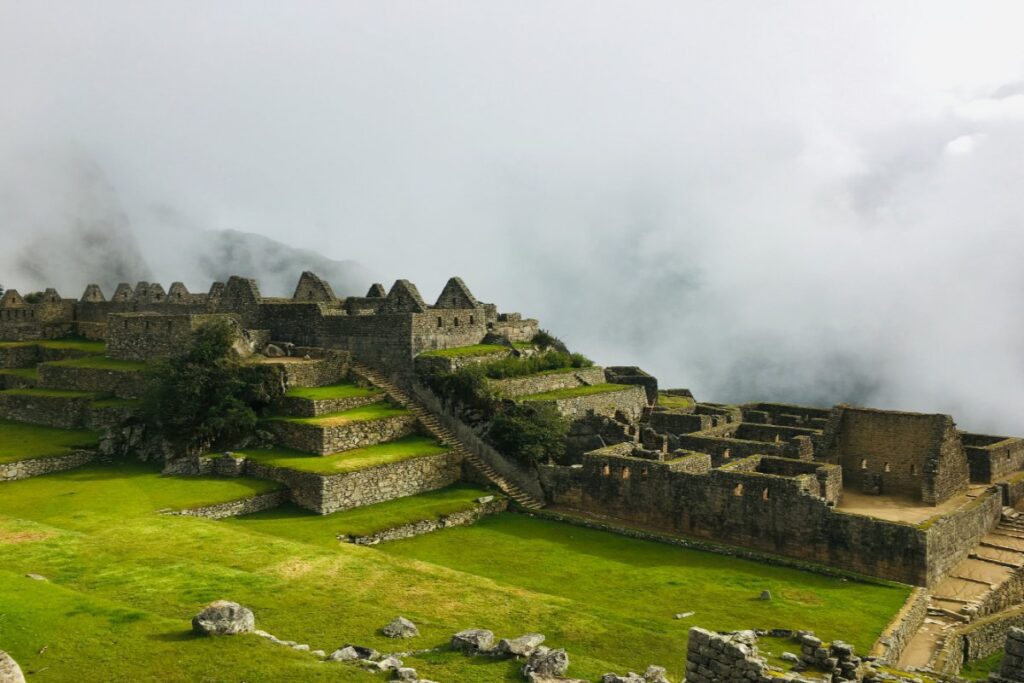Skift Take
Machu Picchu is arguably South America's top draw for foreign tourists. If access remains disrupted for some time, many international visitors may cancel future trips as a precaution.
Tourists will struggle to visit Machu Picchu in the near-term because protestors have for days blocked access — with no end in sight. Peru’s government on Tuesday suspended talks with protesters.
Protestors have been blocking critical rail access to Machu Picchu in the Andres Mountains since last Thursday.
Without the train route, reaching the Incan citadel can take nearly nine hours, said Sarah Miginiac, general manager for Latin America at G Adventures. “You go about five, six hours in a bus, and then you walk for about three hours to the town of Aqueous Calientes and you go up to Machu Picchu walking,” she said. “It is a very, very long journey.”
Without rail service, tour operators have had to alter their trips. Intrepid Travel had to transport one of its ongoing group trips back by car, said Fernando Rodriguez, general manager of Peru.
Another one of Intrepid’s trips was rerouted to alternative destinations around the Sacred Valley, said Rodriguez. He expects the government to close the site on February 1 officially.
The disruption is costing the Machu Picchu site about $262,590 (1 million Peruvian soles) in lost income each day, said Peru Culture Minister Leslie Urteaga.
“Travelers remaining in Machu Picchu village/Aguas Calientes should contact local authorities (through tour companies or hotel front desks if needed) regarding available options for departure,” alerted the U.S. Embassy in Peru on Friday.
Anger Over Online Ticketing System
The protests were sparked by the culture ministry’s new online ticketing system for all of Peru’s tourist attractions. The ticketing system was launched on January 20 with a private contractor called Joinnus.
Protesters have called it a step toward the privatization of Machu Picchu. They immediately took to the streets in Cuzco the day the system launched.
In a press conference Monday before talks collapsed, Culture Minister Leslie Urteaga said she is open to dialogue, but the new system will proceed as planned, and the protests must end. If necessary, the government will use force to restore service to Machu Picchu, she said.
No Machu Picchu = No Tourism
Peru is lucky the peak travel season doesn’t start until April. Machu Picchu is Peru’s most vital tourist attraction. Without the site, international tourists won’t come to Peru, said Miginiac.
The country is still recovering from the negative news cycle surrounding protests last year. At one point, protesters disrupted rail service to Machu Picchu in 2023, stranding hundreds of tourists. The incident made international news, scaring off some potential visitors.
If these new Machu Picchu protests gain wide global attention, Peru could see another tourism recovery setback, said Migniac.
The Daily Newsletter
Our daily coverage of the global travel industry. Written by editors and analysts from across Skift’s brands.
Have a confidential tip for Skift? Get in touch
Tags: machu picchu, peru, protests, south america, tourism


